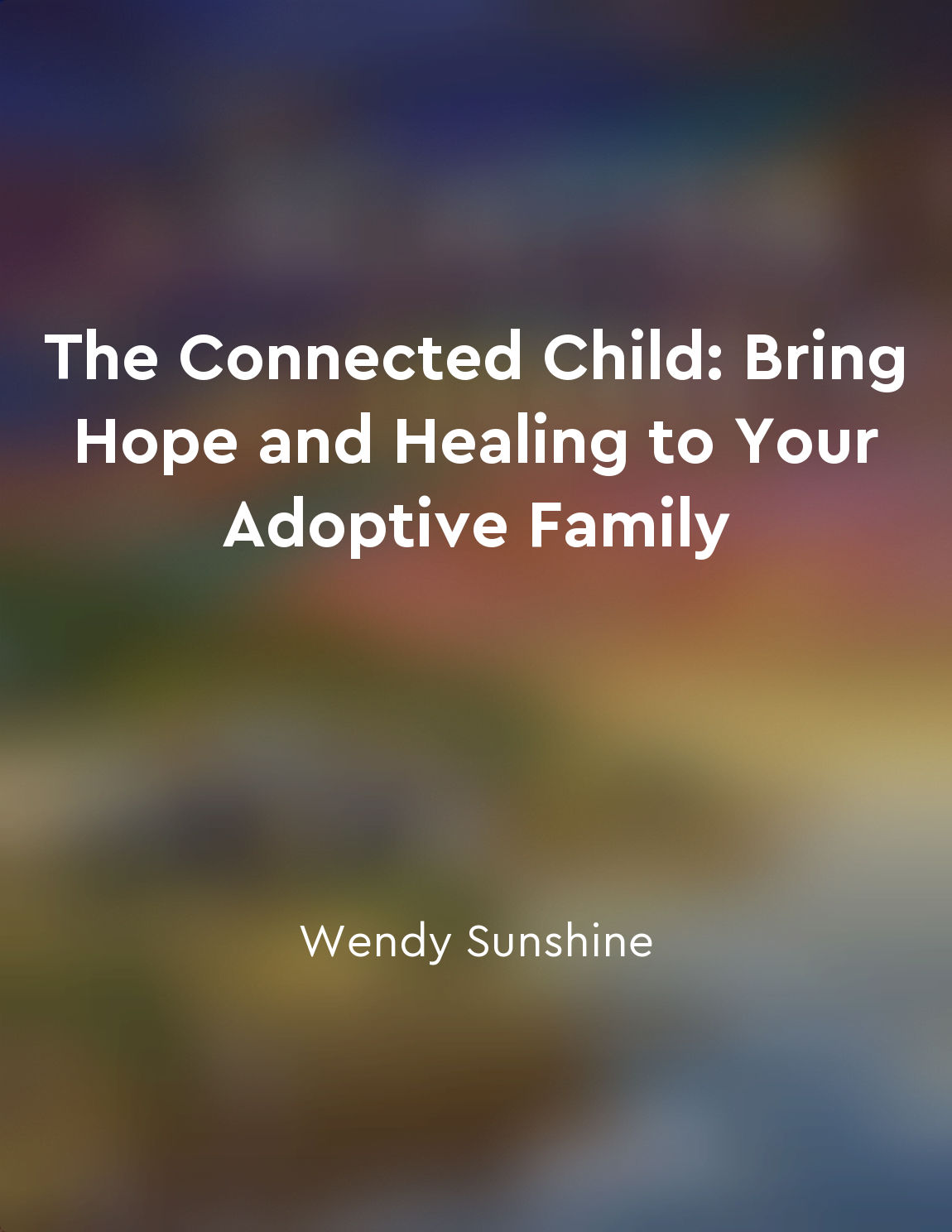Understand your attachment style from "summary" of How to Not Die Alone by Logan Ury
Understanding your attachment style is crucial when it comes to dating and relationships. Your attachment style is essentially the way you form emotional bonds with others, and it is often shaped by your early experiences with caregivers. There are three main attachment styles: secure, anxious, and avoidant. People with a secure attachment style are comfortable with intimacy and independence, and they are able to communicate their needs effectively in a relationship. On the other hand, individuals with an anxious attachment style crave closeness and worry about their partner's availability. They may be overly sensitive to signs of rejection or abandonment. Those with an avoidant attachment style value independence and may feel uncomfortable with too much closeness in a relationship. They often prioritize self-sufficiency and may struggle to open up emotionally. Understanding your attachment style can help you make sense of your behavior in relationships and how you respond to your partner's needs. If you have an anxious attachment style, you may find yourself feeling insecure or needy in relationships. You may constantly seek reassurance from your partner or fear that they will leave you. On the other hand, if you have an avoidant attachment style, you may struggle to fully commit to a relationship or may feel suffocated by your partner's emotional needs.- You can work towards developing a more secure attachment style. This may involve learning to communicate your needs effectively, setting boundaries in relationships, and building trust with your partner. Ultimately, understanding your attachment style can help you navigate the complexities of dating and form healthier, more fulfilling relationships.
Similar Posts
Conflict resolution is essential in maintaining a healthy romantic relationship
Conflict resolution plays a crucial role in the maintenance of a healthy romantic relationship. When two individuals come toget...
Establishing trust and reliability in communication
Establishing trust and reliability in communication is essential for building healthy and fulfilling relationships. When we com...

Recognizing emotions promotes empathetic responsiveness
Recognizing emotions is a crucial component in fostering empathetic responsiveness in relationships. When we are able to accura...
Embrace the ebb and flow of life
Life is full of ups and downs, like the ebb and flow of the tides. Just as the tide comes in and goes out, our lives are consta...
Fostering a sense of belonging and community
Fostering a sense of belonging and community is essential for creating a supportive environment that nurtures the growth and de...

Education on traumainformed care is valuable
Understanding the importance of trauma-informed care is crucial when it comes to helping children who have experienced trauma. ...
Building emotional connections requires effort and commitment
Creating emotional connections in a relationship is not something that miraculously happens overnight. It requires ongoing effo...
Theories can help us navigate the complexities of relationships
Love is a complex and multifaceted emotion that often leaves us feeling lost and confused. However, by understanding and applyi...
Promoting secure attachment fosters healthy relationships
The development of secure attachment between a parent and child is crucial in fostering healthy relationships. When a child fee...
The body stores memories of overwhelming experiences
The body has a remarkable way of holding onto memories, especially those that are overwhelming and traumatic. These experiences...


